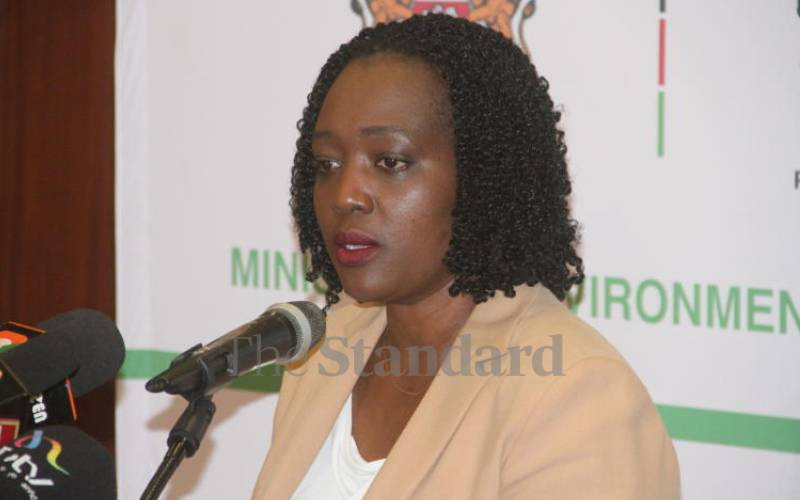×
The Standard e-Paper
Smart Minds Choose Us

Nairobi hosts the Africa Climate Summit in just a week, at a time when climate-induced catastrophes bedevil the continent, and when talk supersedes action to achieve climate justice for the most affected and at-risk communities.
Yet the summit's agenda does not seem focused on enabling African leaders to speak the bitter truth, as the people would want it packaged. First, Africa should demand more commitment to climate justice than empty talk at the summit.